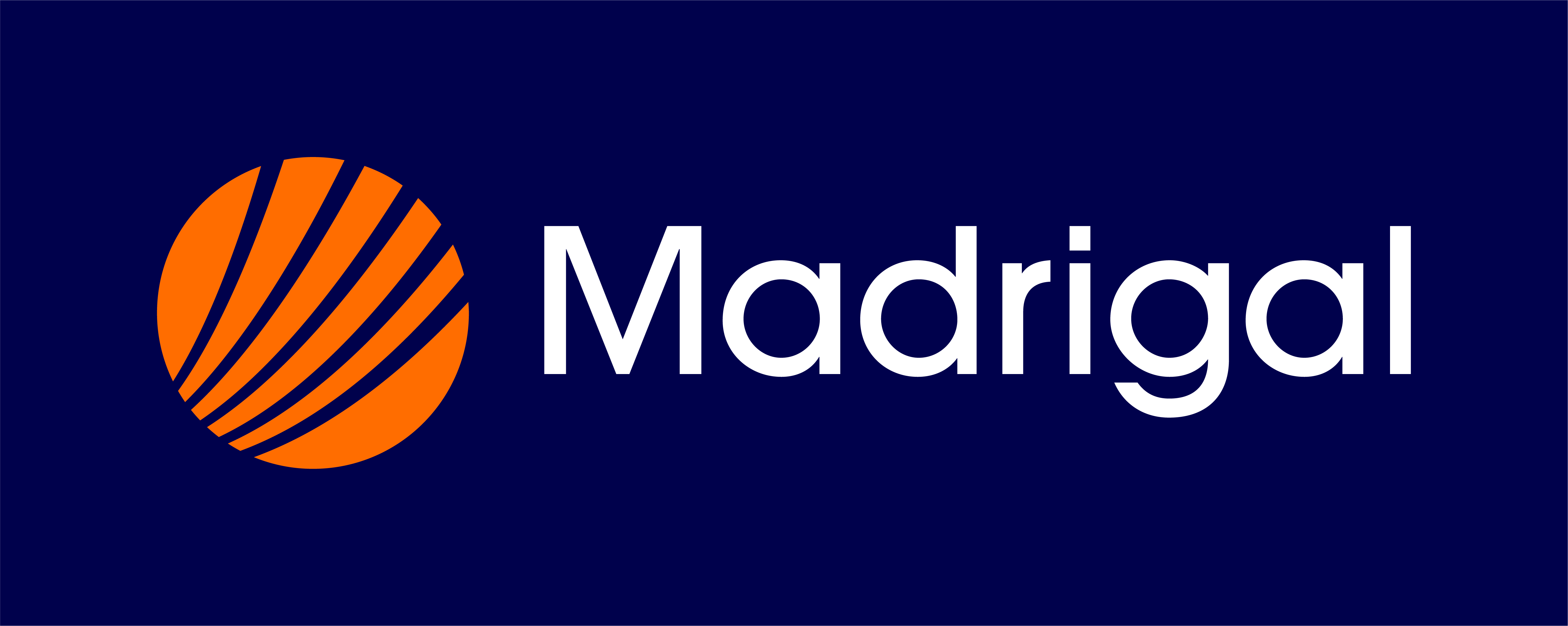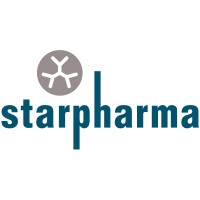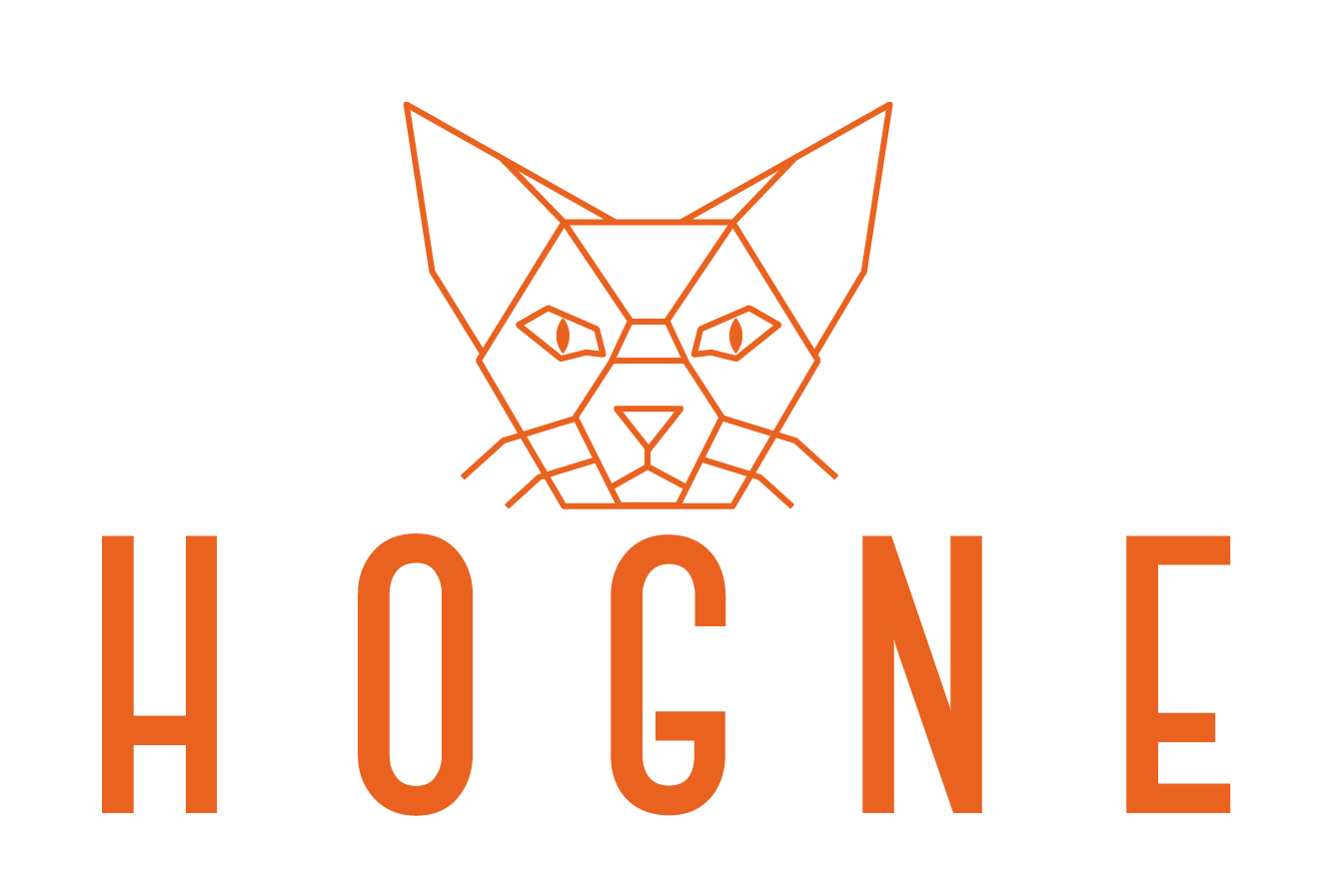The Metabolic Medicine Summit 2026 will bring together leaders from across the pharmaceutical value chain to advance the development and deployment of next-generation metabolic medicines. The summit will explore how the industry can respond through scalable innovations, data-driven clinical development, and cross-sector collaboration.
Breakthrough Therapies Shaping the Future
The therapeutic potential of triple-agonist drugs such as retatrutide and high-dose semaglutide has opened a new frontier in metabolic health. These drugs are demonstrating sustained weight loss outcomes exceeding 20 percent in clinical trials, along with significant improvements in cardiometabolic markers. With Phase III programs like TRIUMPH-3 and SURMOUNT-5 expected to conclude by 2026, the pharmaceutical industry is preparing for a new era in obesity care. These compounds not only improve glycemic control and reduce atherosclerotic risks but also aim to durably reverse early insulin resistance, setting a new benchmark for metabolic disease management.
Enhancing Clinical Trial Design and Regulatory Navigation
The success of these therapies depends on robust global trial infrastructure, integrated real-world data platforms, and predictive biomarkers that accelerate patient recruitment and improve outcome sensitivity. Ongoing dialogue with regulators will be essential as these therapies move from trial endpoints toward long-term health economic validation. Stakeholders at the Metabolic Medicine Summit 2026 will explore strategies to harmonize regulatory frameworks and establish standardized endpoints for obesity drug approvals, particularly in emerging markets where disease burden is highest.
With high dropout rates and adherence challenges in obesity treatment, the role of digital therapeutics, wearable biometrics, and AI-driven behavior tracking is expanding rapidly. Innovations in these areas allow pharmaceutical firms to design long-term treatment protocols tailored to patient physiology and lifestyle. By integrating behavioral coaching, nutrition tracking, and pharmacotherapy into cohesive digital platforms, developers can extend the impacts of obesity drugs beyond the clinical setting and into daily life.
Scaling Biomanufacturing for Global Supply
To meet the projected demand for incretin-based therapies, the industry must invest in next-generation biomanufacturing and process optimization. The development of modular, flexible manufacturing platforms capable of producing high-purity peptides and biologics at scale will be a key differentiator. These investments are expected to generate more than $650 billion in global commercial opportunities by 2030. Stakeholders from CDMOs, equipment manufacturers, and formulation innovators will find significant value at the Metabolic Medicine Summit 2026 in co-developing production solutions for scalable and sustainable supply.
Advancing Early Prevention and Primary Care Integration
Beyond treatment, the summit will also highlight how obesity therapies can be repositioned within preventive primary care frameworks, particularly for younger populations and high-risk groups. Primary care networks, insurers, and public health agencies are under growing pressure to shift from reactive to proactive care models. Integrating metabolic screening, digital diagnostics, and early intervention drugs could significantly reduce lifetime healthcare costs and ease the burden on tertiary care systems. This evolution presents an untapped opportunity for pharmaceutical companies to engage new stakeholders and redefine treatment paradigms.
Drug developers are racing to engineer oral formulations, subcutaneous long-acting injectables, and multi-targeted molecules that minimize side effects while extending therapeutic windows. These innovations are especially important for expanding access in underserved populations where clinical infrastructure is limited. The future lies in combining scientific rigor with patient-centric design, and the Metabolic Medicine Summit 2026 provides a vital platform to build partnerships that can accelerate the path to market.













